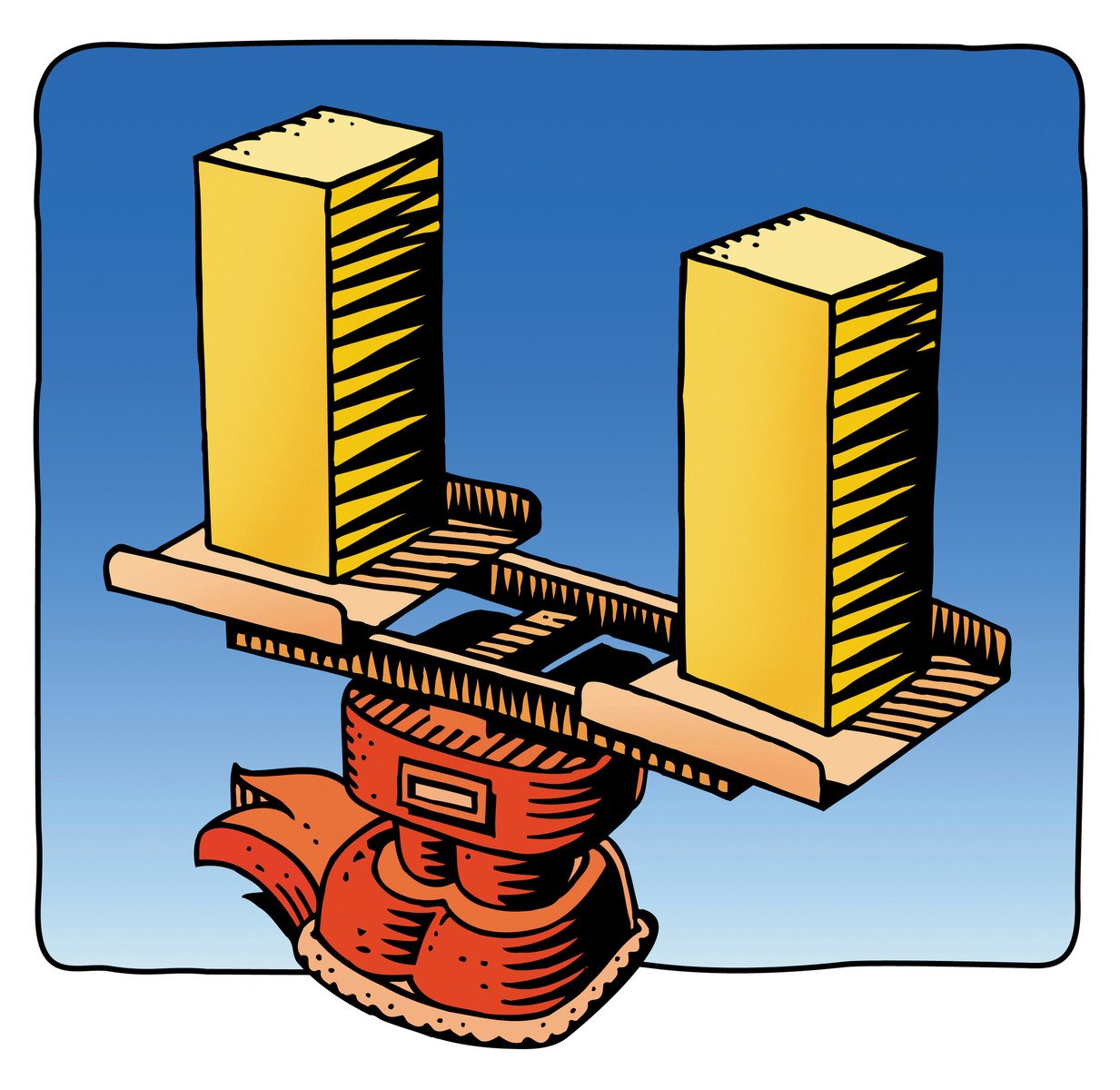So the UPC is a Dead Man Walking, Surely?

Summary: A look at the sad state of justice for EPO workers and the effect of brain drain combined with work pressure on the quality of work
HAVING published nearly 2,500 posts about the EPO, we have enough evidence to show that the EPO has, especially in recent years, been treating its workforce like dirt. Staff must never be treated like dirt. Many of them feel it. Many are depressed.
The EPO's management, moreover, lies as a matter of routine and always gets away with it. It now lies (by omission) about the latest ILOAT decisions. To quote a new comment:
It should be remembered that the ILO-AT is an adminstarative [sic] tribunal and not a court of justice – it checks that the procedural aspects were correct but not that the judgement was just.
One point to note. The EPO publishes internally a summary of the ILO decisions. In the current round, some important decisions were, exceptionally, pronounced early in December while the remainder were pronounced last week. The summary by the EPO mentioned all the cases the management had won but none of the ones they lost. Additionally commentary was given which aimed to deter filings at the ILO by suggesting that it was a waste of time and wasted the tribunals time. That the decisions against management were not worthy of comment says it all since those decisions highlighted the corruption of internal justice where the accuser was also leading the prosecution case and advising those who sat in judgement. One would have thought lessons could be learnt and at least some token gesture would be made to recognise managerial errors and promise to improve. Apparently not.
One last point. The decisions which went against the judge and the union rep included decisions against intermediate steps (asking for but being refused return of confiscated personal property (a USB stick) and refusal to investigate harassment by the internal investigative unit). In both cases the tribunal considered that these were part of a procedure which was ongoing but not concluded (at that time). Interesting precedents which give carte blanche for abuse since if one wins a case, no matter how unlikely, there will be no opportunity to appeal and hence no justice for usually unallowable behaviour.
There's no justice for EPO workers, neither at the IAC nor ILO. One begins to wonder if there's patent justice at examination, oppositions, the Boards and the envisioned UPC (all of which Battistelli always controls or hopes to control). The perceptions of both justice and independence are farcical.
Earlier this week
Initiator Pharma said it had received "an Intention to Grant notice in Europe," alluding to the EPO.
A Danish company's collapse some days ago, not to mention the CRISPR patent, should give them reason for pause. "Don't get too excited," I told them, as the EPO "receives many oppositions, makes lots of errors [and thus] you get fool's gold..."
European Patents no longer come with the same value or level of legal certainty. They just don't. The examiners work faster and many of the experienced examiners have left or got sacked. It's not a pretty picture. The so-called 'reforms' have been crazier than anything we've even seen at the
USPTO, with patently ridiculous concepts such as Early Certainty (as if one can determine patentability before actually doing the full assessment/examination/prior art search). Finally, if not belatedly, large corporations are expressing concerns about the EPO's approach. According to
this report from a few hours ago:
Following critisism [sic] from the industry, the European Patent Office has drafted a proposal to allow exemptions to its Early Certainty Initiative. Industry associations had pressed the EPO not to limit the time to grant a patent to 12 months arguing it would have detrimental effects on the life sciences sector.
[...]
This is especially true for the life sciences sector who had voiced concerns over the past year that a 12-months examination time could block innovation and harm the whole sector.
We have already seen prominent attorneys too expressing concerns about Early Certainty. What clients want is legal certainty, not "Early Certainty" -- whatever that even means in practice. Weickmann & Weickmann PartmbB has just published
this sponsored IAM piece titled
"EPO revises examination guidelines: key aspects for applicants" in which it says that one "amendment is a way for the EPO to further streamline examination proceedings for applications. Therefore, it is expected that at least some examiners will readily make use of this new possibility."
Examiners aren't flexible; their hands are tied by an authoritarian management and line managers who were selected and promoted based on loyalty rather than skills. All they now care about is so-called 'production', as if the goal of a patent office is to grant as many patents as possible. As the EPO lowers patent quality, staff quality, and quality of procedures (recipe for disaster) we're left wondering in what state -- if any at all -- the EPO will be a decade from now.
⬆

